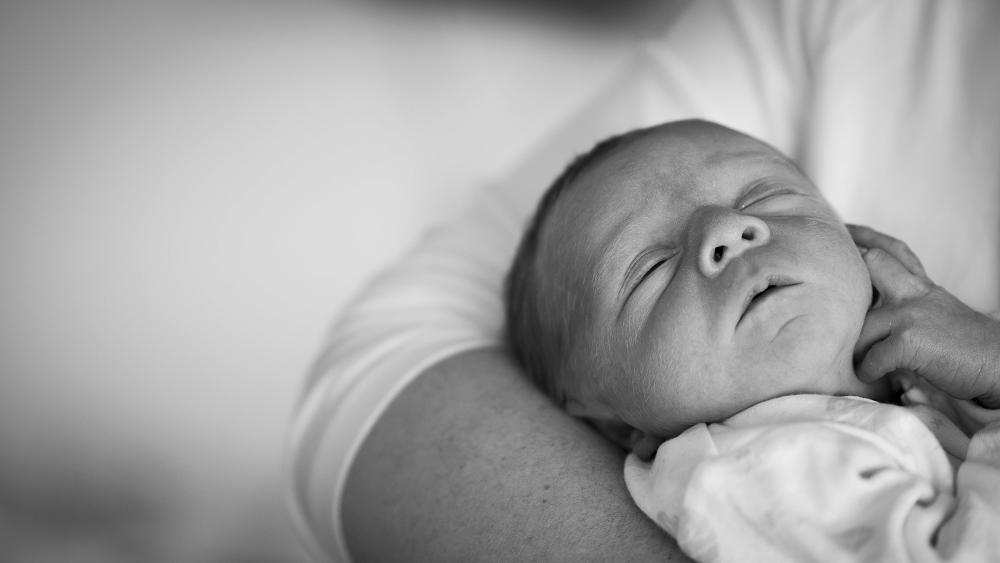
A big bias
Large women are experiencing criticism when accessing maternity services currently.
In recent years New Zealand maternity services have responded to a new focus on maternal obesity, due to increasing concern that obesity impacts adversely on fertility, pregnancy, birth and likelihood that the baby would also become obese. The result is that women with a high Body Mass Index (BMI) have been restricted access to primary birthing units, due to an expectation that intervention was more likely, and excluded from publicly funded fertility treatments because the treatments were less likely to be successful. There has also been an emphasis on weight management for pregnant women.
Midwifery lecturer George Parker decided to investigate the effect of this weight-centric focus. What was it actually like to be a women with high BMI? Did the focus actually improve their health and reduce costs of high intervention births? She was also concerned that the focus could exacerbate existing inequities because Māori and Pasifika women are, on average, more likely to have a high BMI. George interviewed 27 women of diverse ethnicities who were trying to become pregnant, were currently pregnant, or who had given birth recently.
The women felt they were being told they were unhealthy, they were bad mothers, and a problem to the system. Some had adopted unhealthy practices because of criticism of their weight, for example excessive exercise, dieting, and swinging to no exercise and comfort eating. The overwhelming feeling was shame, and they felt so bad that they were more reluctant to see a GP about other health issues. George found that the weight-centric focus did not result in improved maternal health, and she would like to see this approach abandoned in favour of ensuring kind and dignified care to all women and encouraging enjoyable physical movement and healthy eating regardless of a women’s size.
